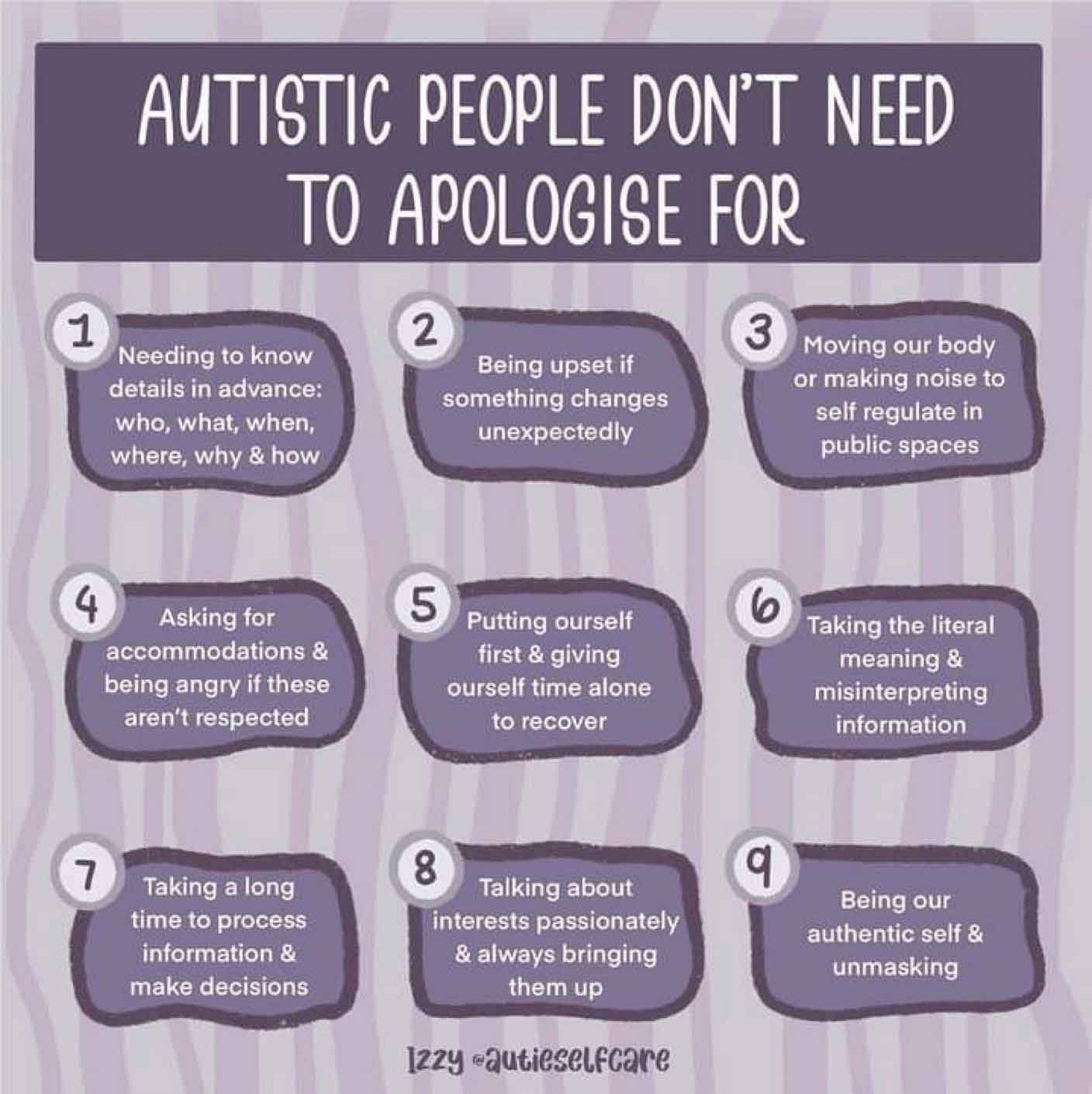
Are you ready to delve into the remarkable world of "An Exceptional Mind: Explore The Extraordinary Life Of An Autistic Savant"? This extraordinary book sheds light on the fascinating life and mind of an autistic savant, offering profound insights into the complexities of the human brain.

Nadia: A Case of Extraordinary Drawing Ability in an Autistic Child. de - Source www.iberlibro.com
Editor's Notes: "An Exceptional Mind: Explore The Extraordinary Life Of An Autistic Savant" have published today date, captivating readers with its exploration of the unique abilities and challenges faced by an autistic mind. Understanding the nuances of autism is crucial for fostering inclusivity and empowering individuals on the spectrum to reach their full potential.
Through meticulous analysis and comprehensive research, we have crafted this guide to provide you with a deeper understanding of "An Exceptional Mind: Explore The Extraordinary Life Of An Autistic Savant". Our goal is to equip you with the knowledge and insights necessary to appreciate the intricacies of this remarkable condition.
Key Takeaways:
| Key Differences | Key Takeaways |
|---|---|
| Unique cognitive abilities | Explores the extraordinary strengths and challenges of autistic savants |
| Social and emotional challenges | Provides insights into the social and emotional difficulties often faced by individuals with autism |
| Case studies and personal narratives | Presents real-life stories and examples to illustrate the complexities of the autistic experience |
| Practical guidance | Offers practical strategies and advice for supporting autistic individuals and their families |
An Exceptional Mind: Explore The Extraordinary Life Of An Autistic Savant primary focus on
FAQ
Dive into the complexities of autism and savant syndrome with a thought-provoking exploration of an extraordinary life. This FAQ section addresses common questions and dispels misconceptions, providing a deeper understanding of this unique condition.

How The Autistic Savant Stereotype Is Harmful - Source autism-101.com
Question 1: What is autism spectrum disorder (ASD)?
ASD is a neurodevelopmental condition characterized by difficulty with social interaction, communication, and repetitive or restricted behaviors. Individuals with ASD may exhibit a wide range of symptoms and abilities, making each case unique.
Question 2: What is savant syndrome?
Savant syndrome is a rare condition in which individuals with ASD demonstrate exceptional abilities in specific areas, such as art, music, mathematics, or memory. Despite their challenges in other areas, savants possess remarkable talents that often coexist with significant intellectual or developmental disabilities.
Question 3: Is autism a mental illness?
No, autism is not a mental illness. It is a neurological difference that affects brain development. Individuals with ASD may experience challenges in communication, social interaction, and sensory processing, but they are not considered mentally ill.
Question 4: Are all individuals with ASD savants?
No, savant syndrome is very rare. Only a small percentage of individuals with ASD display exceptional abilities in specific areas. Savant syndrome is not a defining characteristic of autism, and most people with ASD do not possess savant skills.
Question 5: What causes autism and savant syndrome?
The exact causes of autism and savant syndrome are not fully understood. Research suggests a combination of genetic and environmental factors may play a role. While there is no cure for ASD, early intervention and support can help individuals with autism reach their full potential.
Question 6: How can we support individuals with autism and savant syndrome?
Providing a supportive and inclusive environment is crucial for individuals with autism and savant syndrome. This includes understanding their unique needs, celebrating their strengths, and offering tailored support to help them navigate challenges. Respecting their individuality and fostering their talents can empower them to live fulfilling lives.
By dispelling misconceptions and addressing common concerns, we can gain a deeper understanding of autism and savant syndrome. This knowledge empowers us to create a more inclusive and supportive society for individuals with these extraordinary abilities.
Continue exploring the remarkable life journey of an autistic savant, uncovering the complexities, challenges, and triumphs that shape their extraordinary existence.
Tips
Discover valuable tips inspired by An Exceptional Mind: Explore The Extraordinary Life Of An Autistic Savant, a book by Thomas Wallace.
Tip 1: Foster a Growth Mindset
Embrace challenges as opportunities for growth. Recognize that abilities can be developed through consistent effort and perseverance.
Tip 2: Encourage Exploration and Curiosity
Provide opportunities for individuals to explore their interests and pursue their passions. Encourage them to ask questions, investigate new concepts, and develop a deep curiosity about the world.
Tip 3: Adapt Communication Strategies
Tailor communication methods to meet the individual's needs. Consider visual aids, simplified language, or non-verbal cues. Respect differences in communication styles and create a supportive environment.
Tip 4: Value Sensory Processing Differences
Recognize that individuals may experience sensory stimuli differently. Provide sensory-friendly environments, offer options for sensory stimulation, and respect the need for quiet spaces or fidget objects.
Tip 5: Promote Social Interaction
Create opportunities for individuals to engage in social activities. Encourage peer interactions, provide structured social situations, and offer support for developing social skills and understanding social cues.
Summary
By implementing these tips, individuals can foster an environment that nurtures unique strengths, supports growth, and empowers exploration.
An Exceptional Mind: Explore The Extraordinary Life Of An Autistic Savant
Autism spectrum disorder (ASD) is a complex developmental condition that affects a person's ability to communicate and interact with others. Savant syndrome is a rare condition that occurs in some people with ASD. Savants have exceptional abilities in specific areas, such as art, music, or mathematics. This article explores the key aspects of an exceptional mind and the extraordinary life of an autistic savant.

Autistic Savant ALONZO CLEMONS Vintage Bronze Bull by kngsdtr - Source www.etsy.com
- Cognitive abilities
- Memory
- Imagination
- Social skills
- Artistic expression
- Sensory processing
The key aspects of an exceptional mind are closely interconnected and can manifest in various ways. Cognitive abilities refer to the ability to learn, remember, and solve problems. Memory plays a crucial role in the savant's ability to store and retrieve vast amounts of information. Imagination is essential for creativity and problem-solving. Social skills are important for communication and interaction with others. Artistic expression allows savants to communicate their thoughts and emotions in unique ways. Finally, sensory processing affects how savants perceive and interact with the world around them.

The Code Of The Extraordinary Mind #Infographic | Mindfulness, Life - Source www.pinterest.com
An Exceptional Mind: Explore The Extraordinary Life Of An Autistic Savant
Autistic savants are individuals with autism who have exceptional abilities in specific areas, such as art, music, or mathematics. The connection between autism and savant syndrome is not fully understood, but it is thought that the autistic brain may be wired differently in a way that allows for these extraordinary abilities.

The Code of the Extraordinary Mind by VISHEN LAKHIANI - Penguin Books - Source www.penguin.com.au
One of the most famous autistic savants is Stephen Wiltshire, who is known for his ability to draw incredibly detailed cityscapes from memory. Wiltshire was diagnosed with autism at the age of three, and he began drawing at a very young age. He has since created over 40 detailed cityscapes, including London, New York, and Tokyo. Wiltshire's drawings are so accurate that they have been used by architects and city planners to help design new buildings and developments.
Another well-known autistic savant is Temple Grandin, who is a professor of animal science and autism advocate. Grandin was diagnosed with autism at the age of two, and she struggled with social interactions and communication throughout her childhood. However, she excelled in math and science, and she went on to earn a doctorate in animal science. Grandin has written several books about her experiences with autism, and she has become a leading advocate for the rights of autistic people.
The stories of Stephen Wiltshire and Temple Grandin are just two examples of the extraordinary abilities that autistic savants can possess. These individuals have shown that autism is not a disability, but rather a different way of thinking that can lead to great achievements.
| Name | Abilities |
|---|---|
| Stephen Wiltshire | Drawing, art |
| Temple Grandin | Animal science, autism advocacy |
| Kim Peek | Memory, encyclopedic knowledge |
| Daniel Tammet | Mathematics, language learning |
| Nadia Comăneci | Gymnastics |
Conclusion
Autistic savants are a testament to the power of the human mind. They show us that autism is not a disability, but rather a different way of thinking that can lead to great things. The stories of these individuals should inspire us all to celebrate diversity and to embrace the unique abilities of each person.
There is still much that we do not know about autism and savant syndrome. However, the research that has been done so far has shown that these individuals have a great deal to offer the world. By understanding the strengths and challenges of autistic savants, we can help them to reach their full potential and to make a positive contribution to society.
Recomended Posts


